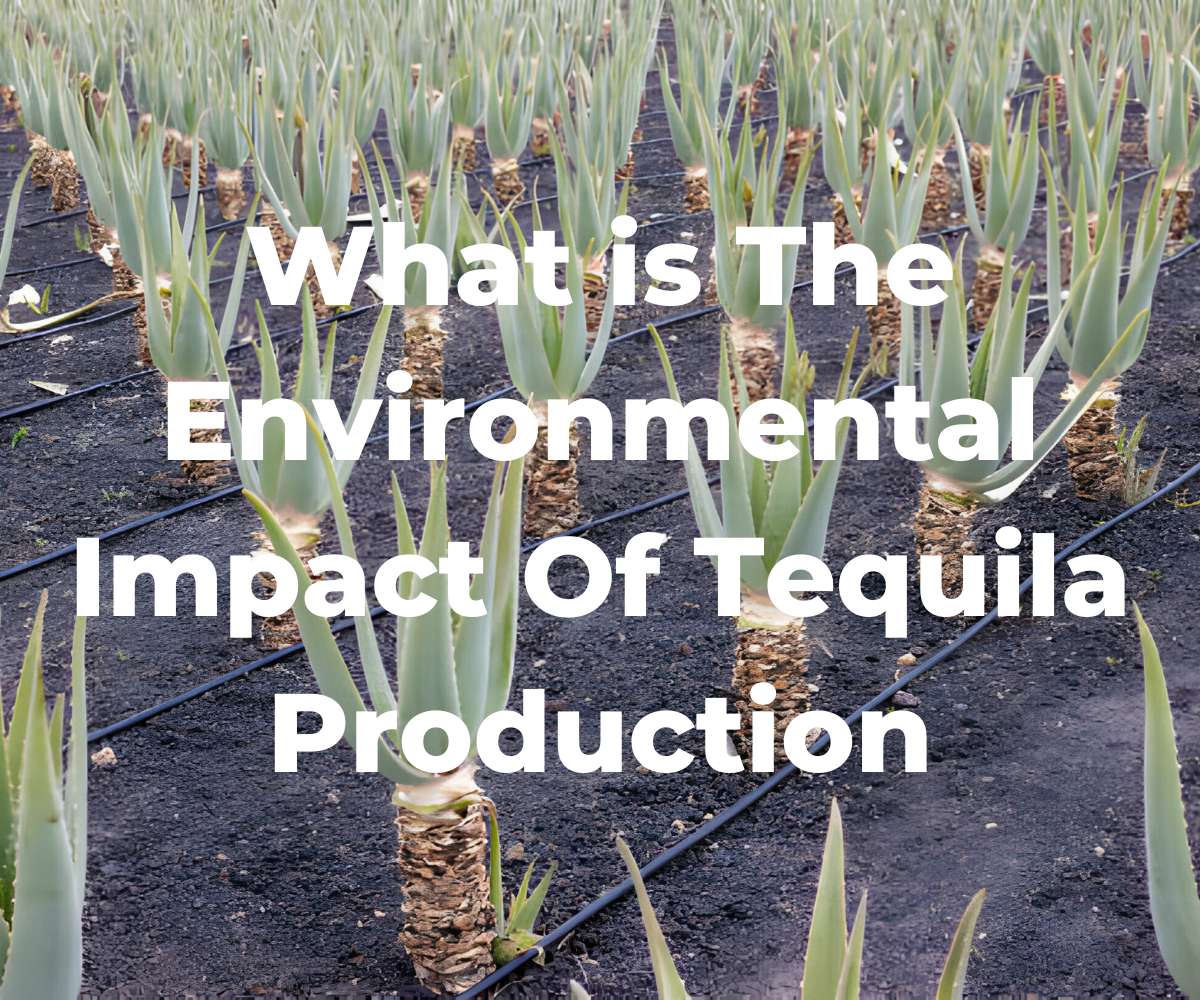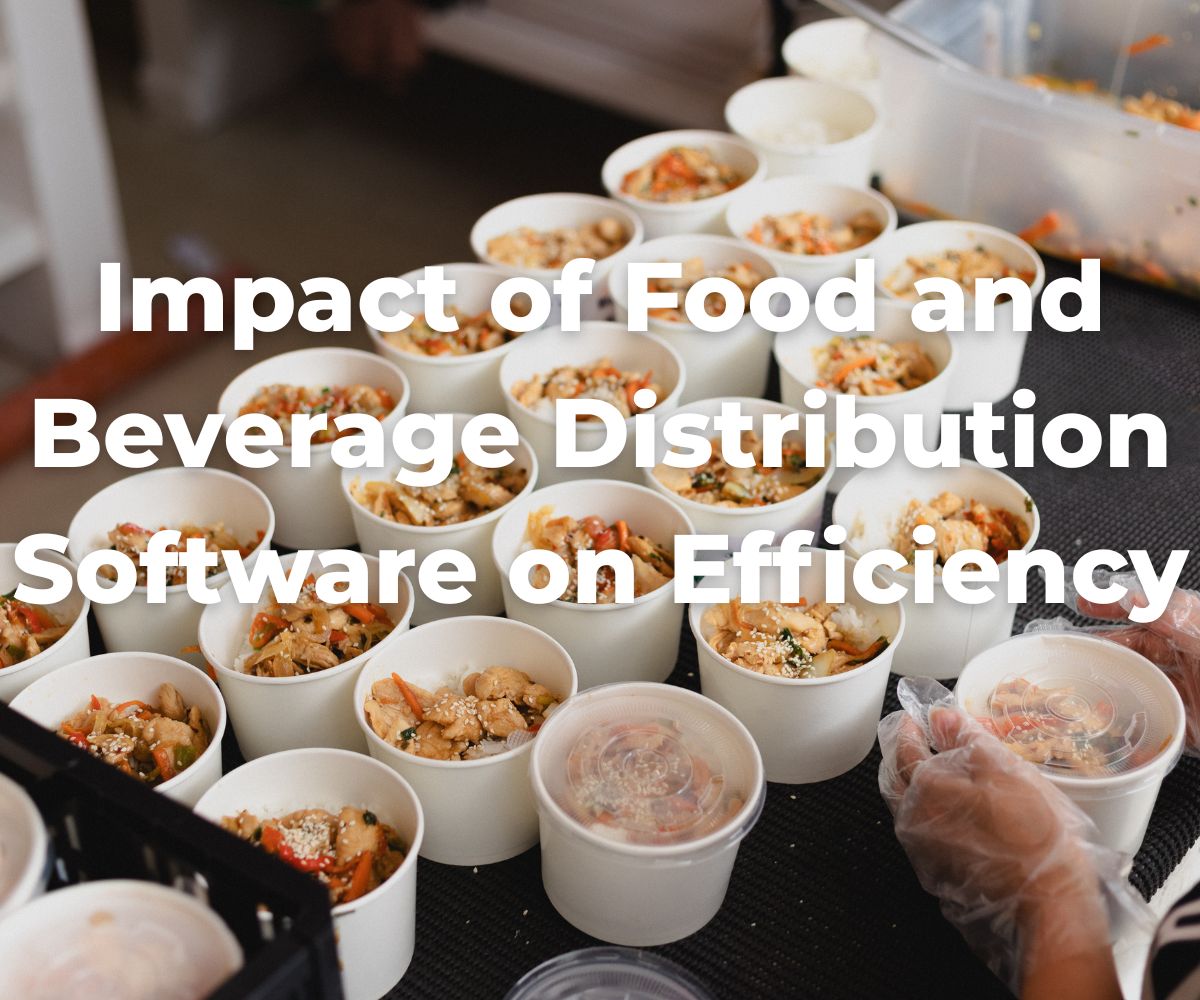what is the environmental impact of tequila production
Description
What is the environmental impact of tequila production, and are there sustainable practices in the industry?
Tequila, a beloved spirit known for its rich flavor and unique character, has gained worldwide popularity over the years. However, the production of tequila has a significant environmental impact that often goes overlooked. From the cultivation of agave to the distillation process and waste management, the tequila industry faces several environmental challenges. In this blog, we will explore the environmental impact of tequila production and examine the sustainability initiatives that are shaping the industry's future.
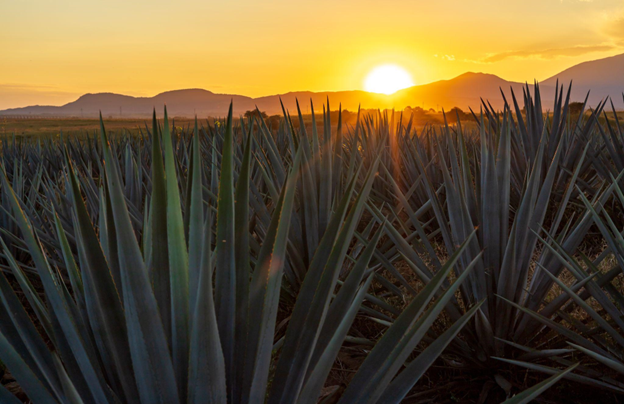
1. Agave Cultivation
The heart and soul of tequila production is the blue agave plant. To make this Mexican spirit, agave plants are cultivated, harvested, and processed. However, the environmental impact begins with the cultivation of these plants.
Traditional agave cultivation often involves the use of chemical fertilizers, pesticides, and herbicides. These chemicals can leach into the soil, potentially contaminating nearby water sources and harming local ecosystems. Additionally, monoculture farming practices, where only agave is grown, can lead to soil erosion and a loss of biodiversity in the area.
Fortunately, some tequila producers such as AgaveLuz Organic Tequila, are adopting more sustainable agave cultivation practices. Many are turning to organic farming methods, reducing chemical use and embracing crop rotation to maintain soil health. These sustainable farming practices not only protect the environment but also produce higher-quality agave, resulting in better-tasting tequila.
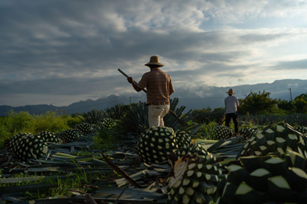
2. Water Usage
Water is another critical aspect of tequila production. The process requires substantial amounts of water, from irrigating agave fields to the distillation process. High water usage can strain local water resources, especially in regions where water is already scarce In response to these concerns, some tequila producers have implemented water conservation measures. They are optimizing their irrigation systems to reduce water waste and exploring water recycling and treatment technologies to minimize their impact on local water supplies. Additionally, some distilleries are located in areas with ample rainfall, which reduces their reliance on irrigation, making water management a key aspect of sustainable tequila production.
3. Energy Consumption
The distillation process is energy-intensive, requiring the use of electricity or natural gas for heating. This energy consumption contributes to greenhouse gas emissions and environmental pollution.
To address this issue, many tequila producers are investing in renewable energy sources like solar panels, wind turbines, and biomass boilers. By transitioning to clean energy, these distilleries reduce their carbon footprint and decrease their environmental impact. Additionally, some distilleries are optimizing their processes to use energy more efficiently and implementing energy-saving technologies to further reduce their environmental footprint.
4. Waste Management
Tequila production generates a significant amount of waste, including agave fibers, wastewater, and spent agave piñas (the heart of the agave plant). These byproducts can pose environmental challenges if not managed properly.
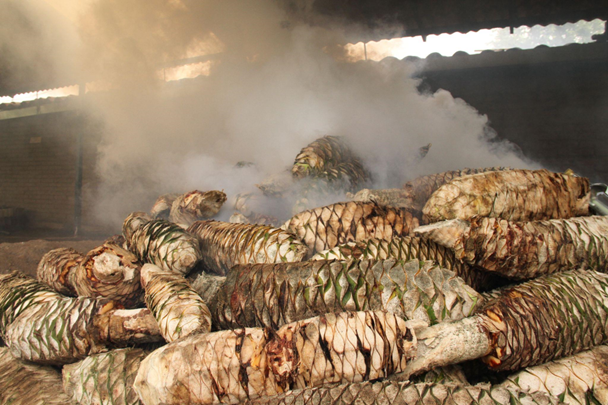
Traditional waste disposal methods, such as open-air burning of agave fibers, can release harmful pollutants into the air and soil. Wastewater from the distillation process can also be a source of contamination if not treated correctly.
Sustainable practices in waste management are becoming increasingly important in the tequila industry. Some distilleries are exploring ways to repurpose agave waste, using it for compost, animal feed, or even biofuel production. Additionally, many distilleries are implementing wastewater treatment systems to ensure that the water discharged back into the environment meets quality standards.
5. Certification and Sustainability Initiatives
One way to ensure that tequila producers are adopting sustainable practices is through certification programs. The Tequila Regulatory Council (CRT) in Mexico has developed the "100% Agave" certification, which guarantees that the tequila is made solely from agave and complies with quality standards. While this certification focuses on the best organic tequila, it indirectly encourages sustainable agave cultivation and production practices.
In addition to the CRT's efforts, various sustainability initiatives and organizations have emerged in the tequila industry. The Tequila Interchange Project (TIP), for example, advocates for ethical and sustainable agave production. They work to preserve traditional farming methods and promote agave diversity to ensure the long-term sustainability of the tequila industry.

The environmental impact of tequila production is a complex issue that encompasses agave cultivation, water usage, energy consumption, and waste management. However, the tequila industry is beginning to embrace sustainable practices, making strides towards reducing its environmental footprint.
From organic agave farming and water conservation to renewable energy use and responsible waste management, tequila producers like AgaveLuz Organic Tequila are taking steps to mitigate their environmental impact. Certification programs like "100% Agave" and organizations like the Tequila Interchange Project are driving the industry towards greater sustainability.
As consumers become more conscious of the environmental impact of the products they enjoy, the demand for sustainably produced tequila is likely to increase. By supporting tequila producers that prioritize eco-friendly practices, consumers can play a vital role in encouraging the industry to become more sustainable and environmentally responsible. In the end, the future of organic tequila production lies in its ability to balance tradition with modern sustainability practices to protect the environment while continuing to delight palates worldwide.

